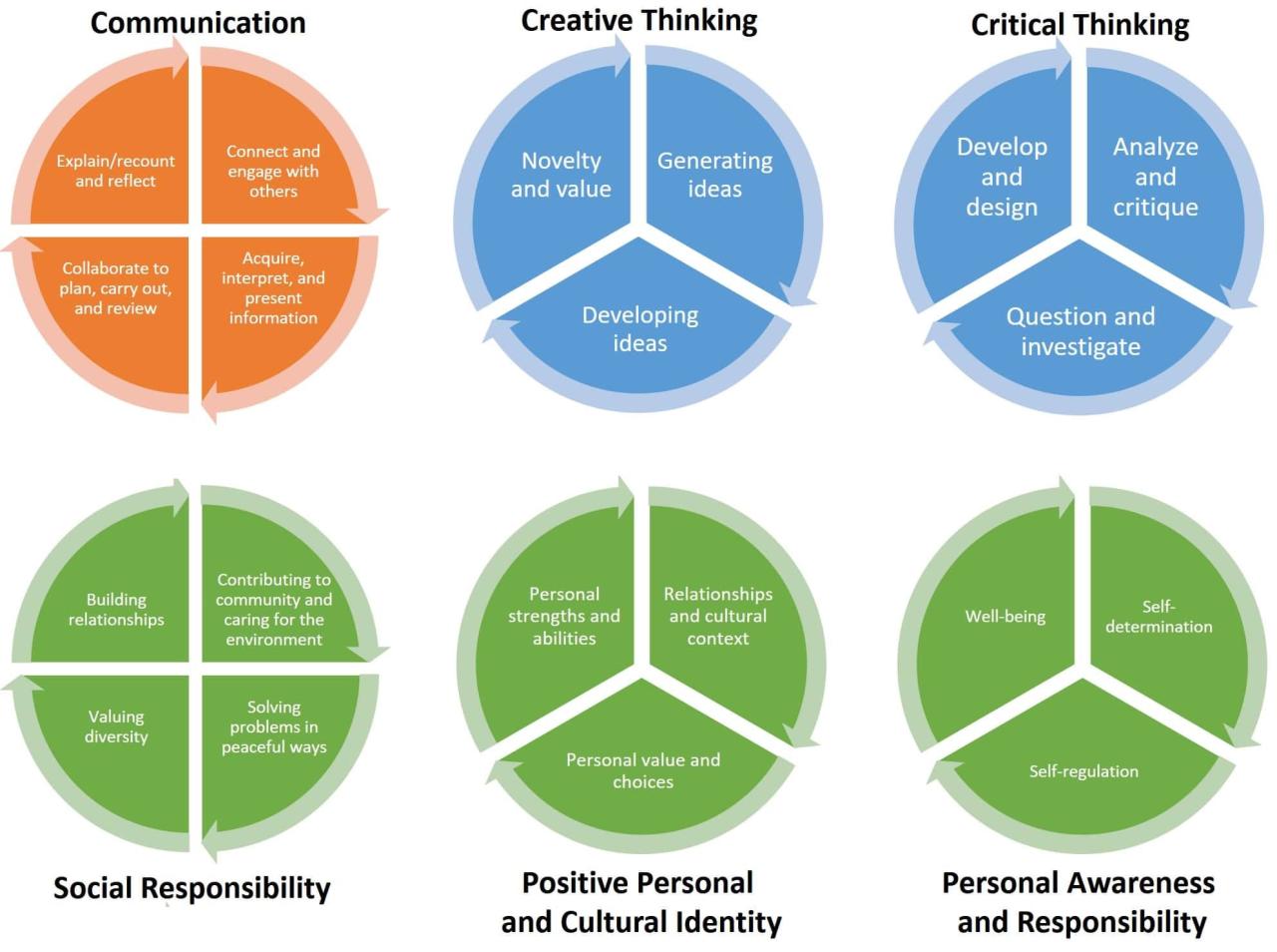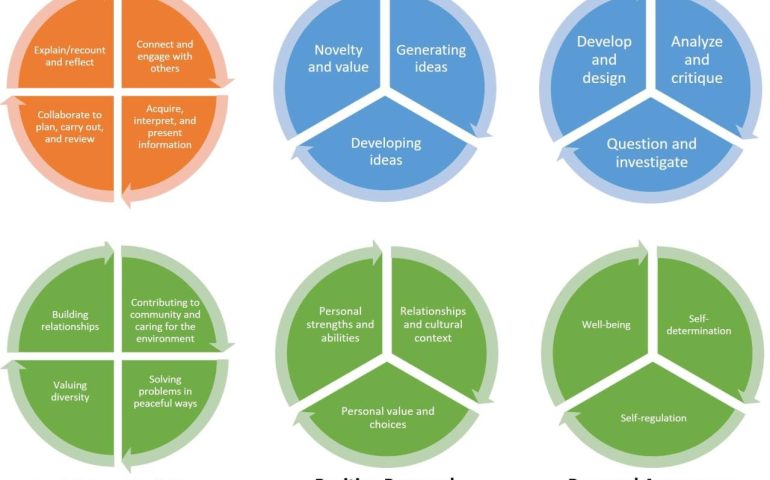
Equipping Learners for Success in the 21st Century
Introduction
In the ever-evolving landscape of education, the adoption of competency-based education (CBE) models has emerged as a progressive approach to preparing learners for success in the 21st century. As traditional, time-bound education systems face criticism for their lack of flexibility and relevance to real-world skills, CBE models offer a promising alternative. By shifting the focus from seat time to demonstrated proficiency, CBE empowers learners to master essential competencies at their own pace, leading to a more personalized and effective learning journey.
Defining Competency-Based Education
“Education is not the filling of a pail, but the lighting of a fire.” – William Butler Yeats
At its core, competency-based education centers around mastery of specific skills and knowledge. Rather than progressing through courses based on time spent in classrooms, learners advance by demonstrating their understanding and proficiency in defined competencies. These competencies are clearly outlined and aligned with learning objectives, reflecting the essential skills and knowledge required for success in a particular field or domain.
In a competency-based education model, learners are encouraged to take ownership of their learning journey. They have the flexibility to move through content and assessments at a pace that suits their individual needs and learning styles. This learner-centered approach promotes deeper understanding, critical thinking, and problem-solving abilities.
Harnessing Technology: The Backbone of Competency-Based Education
“Technology can become the “wings” that will allow the educational world to fly farther and faster than ever before – if we will allow it.” – Jenny Arledge
Technology plays a pivotal role in enabling the implementation and success of competency-based education models. Digital platforms and learning management systems provide a seamless environment for students to access course materials, track their progress, and engage with interactive content. Adaptive learning technologies leverage data analytics to personalize learning pathways, ensuring that learners receive targeted support and resources to address their unique learning gaps.
Moreover, online assessment tools allow for continuous evaluation of learner performance, enabling timely feedback and interventions. As learners progress, the system adapts, offering new challenges and opportunities for growth. This data-driven, technology-enabled approach empowers educators with valuable insights into individual learner needs, enabling them to provide targeted support and nurture student success.
Competency-Based Education in Practice: Real-World Examples
“Education is the foundation upon which we build our future.” – Christine Gregoire
Numerous educational institutions and organizations have already embraced competency-based education models with promising results. One such example is Western Governors University (WGU), a fully online, competency-based university. At WGU, students progress through their degree programs by mastering a set of competencies, which are aligned with industry standards and employer demands. This ensures that graduates possess the skills and knowledge required for their chosen professions.
Similarly, the New Hampshire Department of Education has implemented a competency-based approach in its K-12 public schools. Students advance through grade levels based on their mastery of specific competencies, irrespective of the time it takes them to do so. This approach fosters a growth mindset, encouraging students to persist and succeed, while empowering educators to offer differentiated instruction tailored to each learner’s needs.
Benefits and Challenges of Competency-Based Education
“Education is the key to unlocking the world, a passport to freedom.” – Oprah Winfrey
The adoption of competency-based education models brings forth numerous benefits. Personalization of learning experiences empowers students to take charge of their education, fostering intrinsic motivation and a love for learning. Students can also capitalize on their existing knowledge and skills, accelerating their progress through familiar competencies.
Furthermore, CBE models cater to diverse learning styles and abilities, ensuring that no student is left behind. By providing targeted support and interventions, educators can address learning gaps promptly, facilitating better academic outcomes.
However, implementing CBE models is not without its challenges. For educators, the shift to a competency-based approach requires the design and alignment of competencies, assessments, and learning resources. Ensuring that competencies are comprehensive, relevant, and reflective of real-world skills is a meticulous process.
Additionally, the transition from traditional grading systems to competency-based evaluations can be complex. Institutions must ensure that students, parents, and employers understand and appreciate the value of competency-based transcripts and certifications.
The Future of Education: Navigating Towards Competency-Based Excellence
“The illiterate of the 21st century will not be those who cannot read and write, but those who cannot learn, unlearn, and relearn.” – Alvin Toffler
As the world continues to evolve, the adoption of competency-based education models promises to be a beacon of excellence in education. This learner-centric approach equips students with essential competencies, preparing them for the demands of an ever-changing job market.
With technology as an enabler, competency-based education will continue to grow, providing learners with transformative educational experiences. The integration of AI-driven adaptive learning, immersive simulations, and real-world projects will further enhance the effectiveness of CBE models, offering a holistic and well-rounded education.
As educational institutions and stakeholders embark on this journey of innovation and transformation, they must remember that the heart of education lies in nurturing the passion for lifelong learning. By combining the power of technology with the human touch, competency-based education will unlock the full potential of learners, empowering them to embrace the challenges of tomorrow with confidence and competence.










